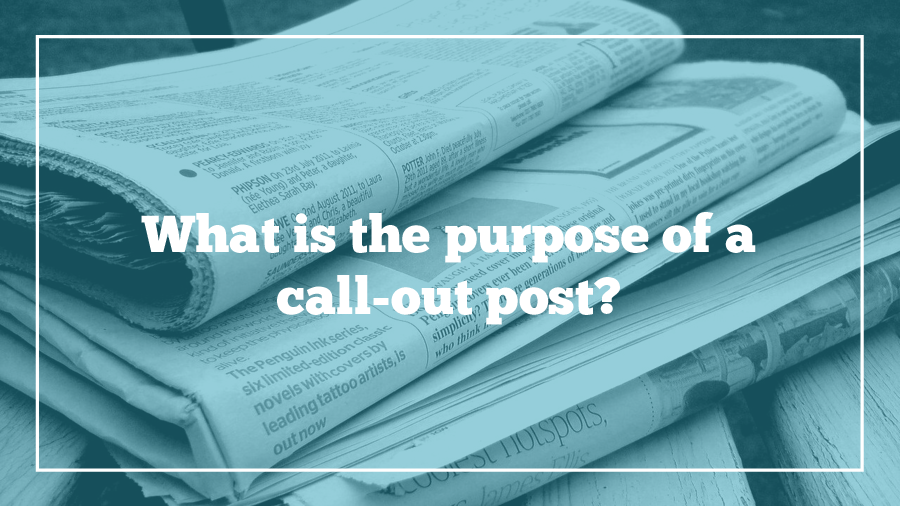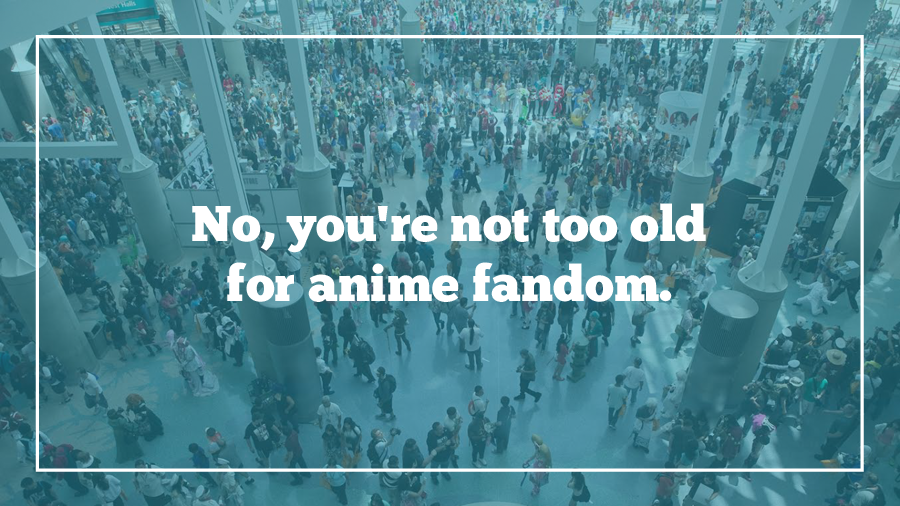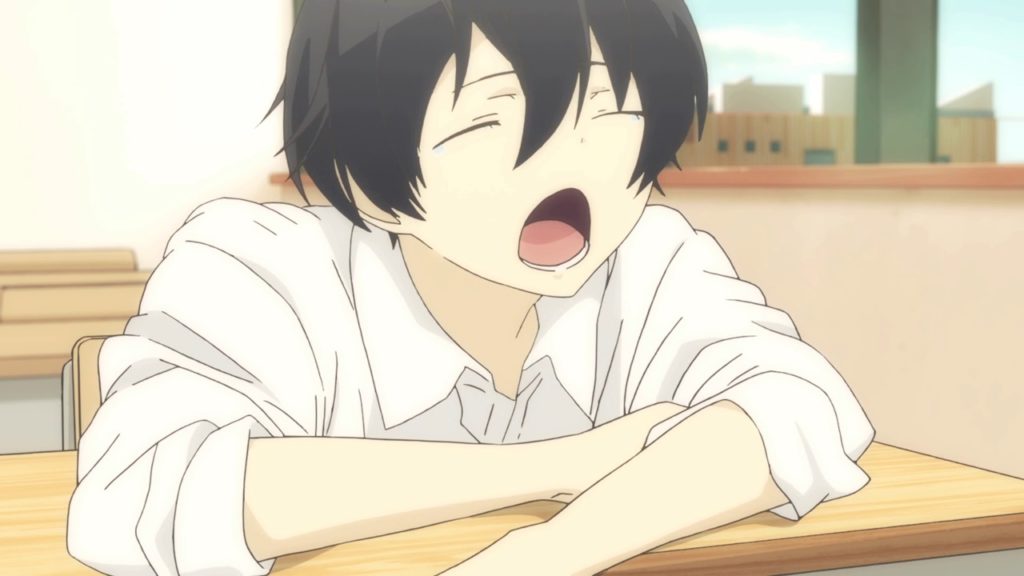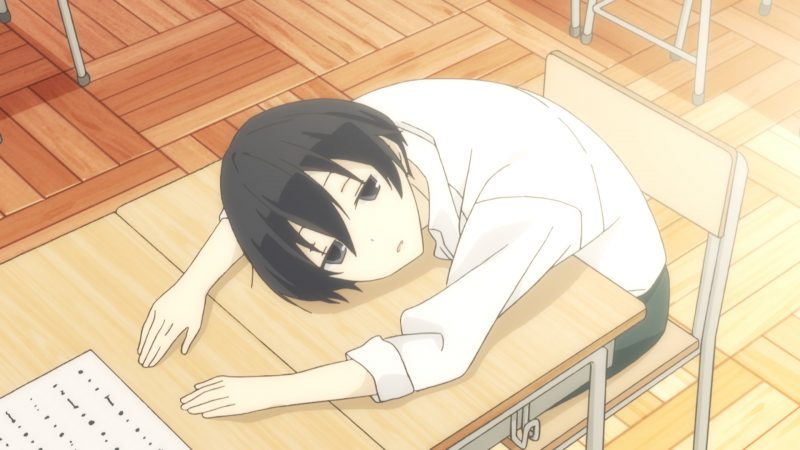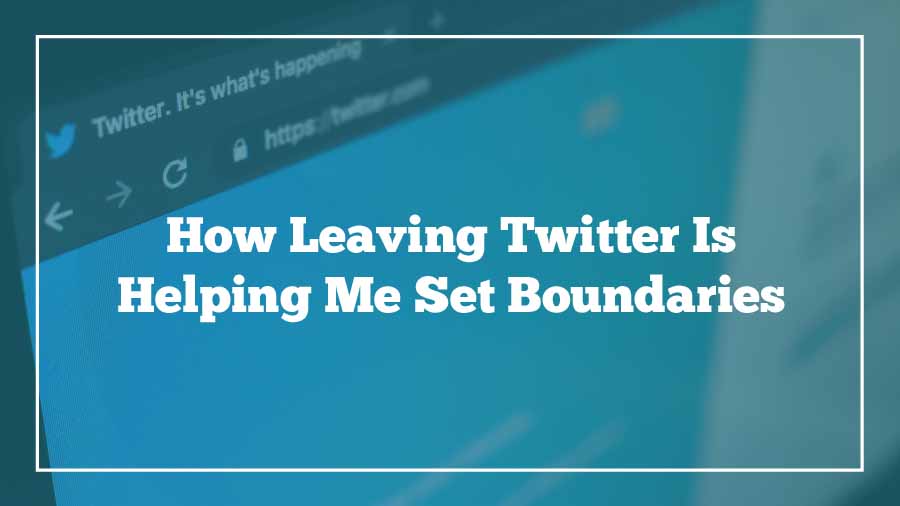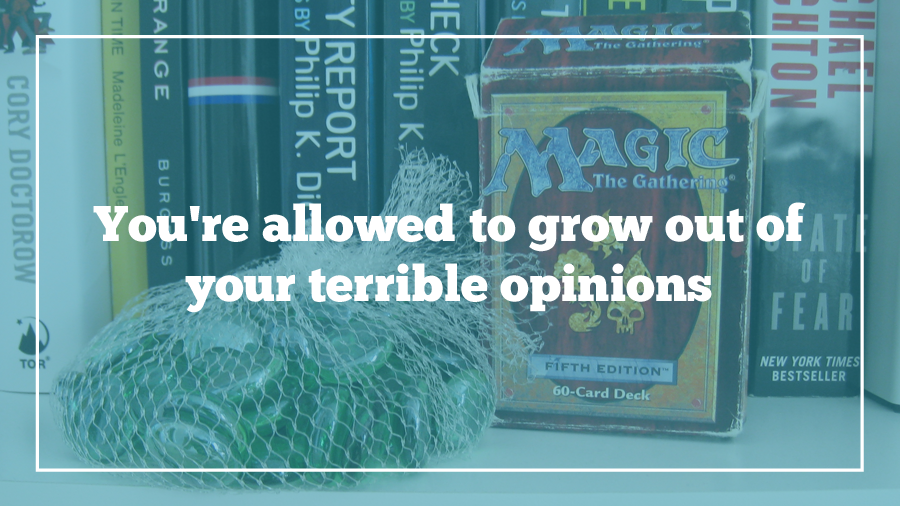
Recently I got an email from somebody trying to read one of my locked older posts.
The post in question is “Why Don’t More Women Play Magic?” which I wrote in 2010, nine entire years ago. I was 23 at the time, and well, this post is not exactly progressive or even feminist. My conclusion was that I personally am not very competitive, other women probably feel the same way, and maybe that’s why they don’t play on a tournament level in the collectible card game Magic: The Gathering as often as men do.
There are many reasons I no longer believe this. Aside from the not-so-revolutionary discovery that I don’t share identical life experiences with everyone who happens to share my demographic, it’s undeniable that there are incredible women and nonbinary people proving me wrong every day. Magic is attracting an increasingly diverse audience, in part because of the game’s parent company, Wizards of the Coast, making deliberate, consistent efforts to make harassment a bannable offense. They’ve also worked repeatedly with artists to expand the perceived gender and ethnicity spectrum of the denizens of the Magic world in card illustrations. I wrote about this in a 2016 article for Forbes which I’m far more proud of than the 2010 blog post, since actual research and nuance went into it.
It shouldn’t be a dark, shocking secret that I once held uneducated opinions. I think that’s a part of growing up, and in our always-online world, a part that increasingly occurs in public. But the problem with the internet is that it skews the passage of time. You could use the Wayback Machine or check out one of the forums that discussed the post to still read it in 2019. I feel like I’ve moved beyond this opinion, but once something is online, it’s here forever.
That’s why I’ve tried to take a semblance of control by privatizing that post, and all of my posts written before 2014. In Your embarrassing former self, I explained my reasoning this way:
“At their best, my old blog posts needs a good editor. At their worst, they’re just plain offensive… I don’t owe anyone to store my posts in an unchanging, museum-like archive. This is my blog and I can run it however I want.”
The internet is forever, but we don’t have to be. I am forever evolving, becoming a better writer, a more intersectional feminist, and a more empathic member of our fandom community. My husband John and I make it a habit to remind each other, “You don’t have to be the same person you were yesterday.” Even if yesterday I overslept and said something dumb on Twitter, it doesn’t mean I’m the kind of person who can never get up in the morning or ever apologize for a stupid comment. Unless I double down, my mistakes do not have to define my permanent identity.
Sometimes when there’s a debate raging in fandom, I feel discouraged by what I perceive as misinformed comments on an issue. How can I ever see eye to eye with somebody who believes that pirating anime is a good idea, for example? But what this viewpoint ignores is that people change. Somebody with that opinion today won’t always feel that way. I’m still not going to engage with them—in fact, I think if somebody had made a tweet thread shaming my crappy, arguably sexist blog post, I would have felt defensive rather than prepared to immediately rethink my view. But it makes me feel hopeful to know that anyone can choose to change.
I was able to change in part through educating myself more about feminism, meeting more people in the Magic: The Gathering community, and improving my ability to express myself through writing. Are there any views you used to hold that embarrass you today? I’d like to know, what made you grow out of them.
(Image credit: me. Fittingly, I took this photo of my first Magic deck in 2010.)

